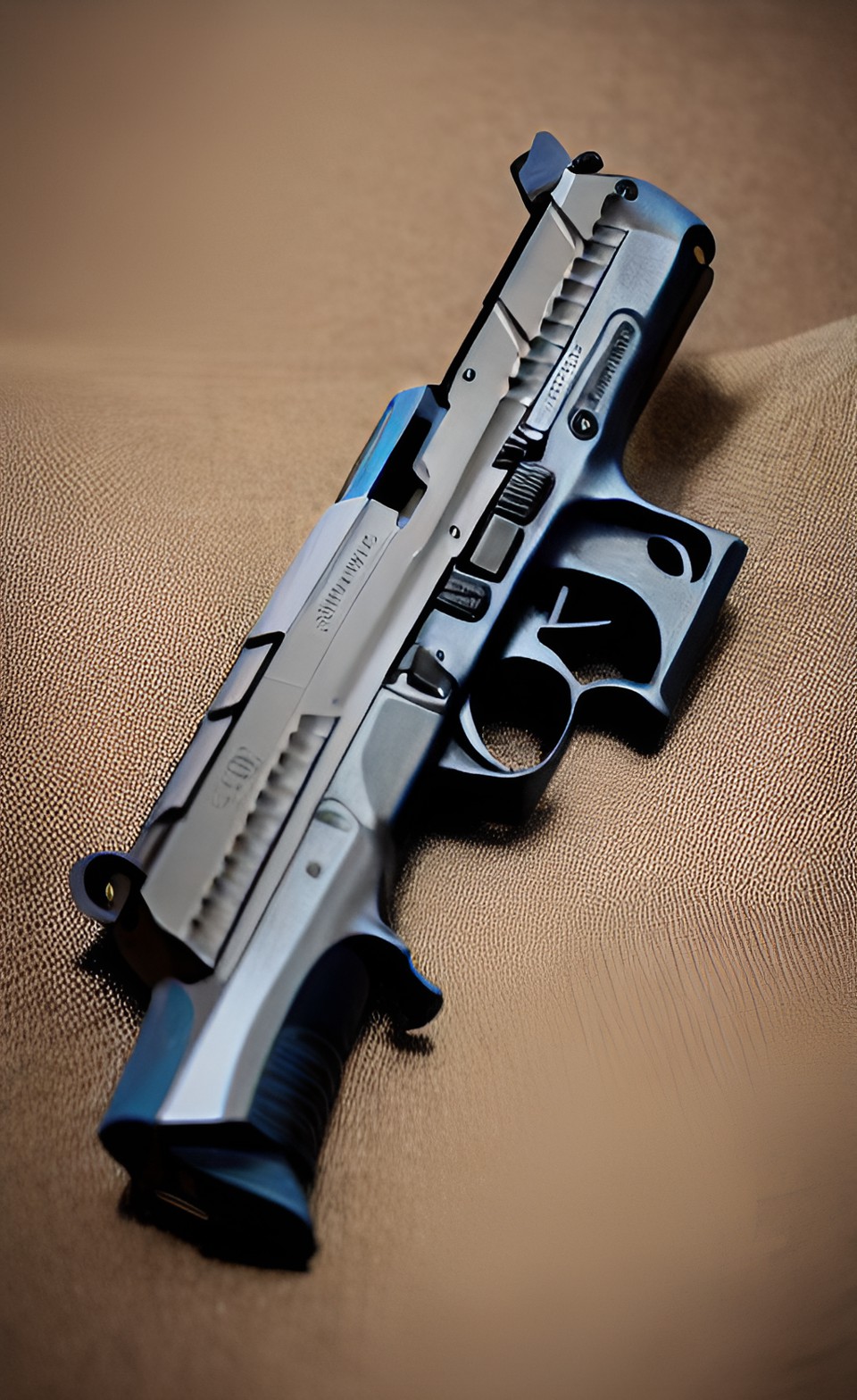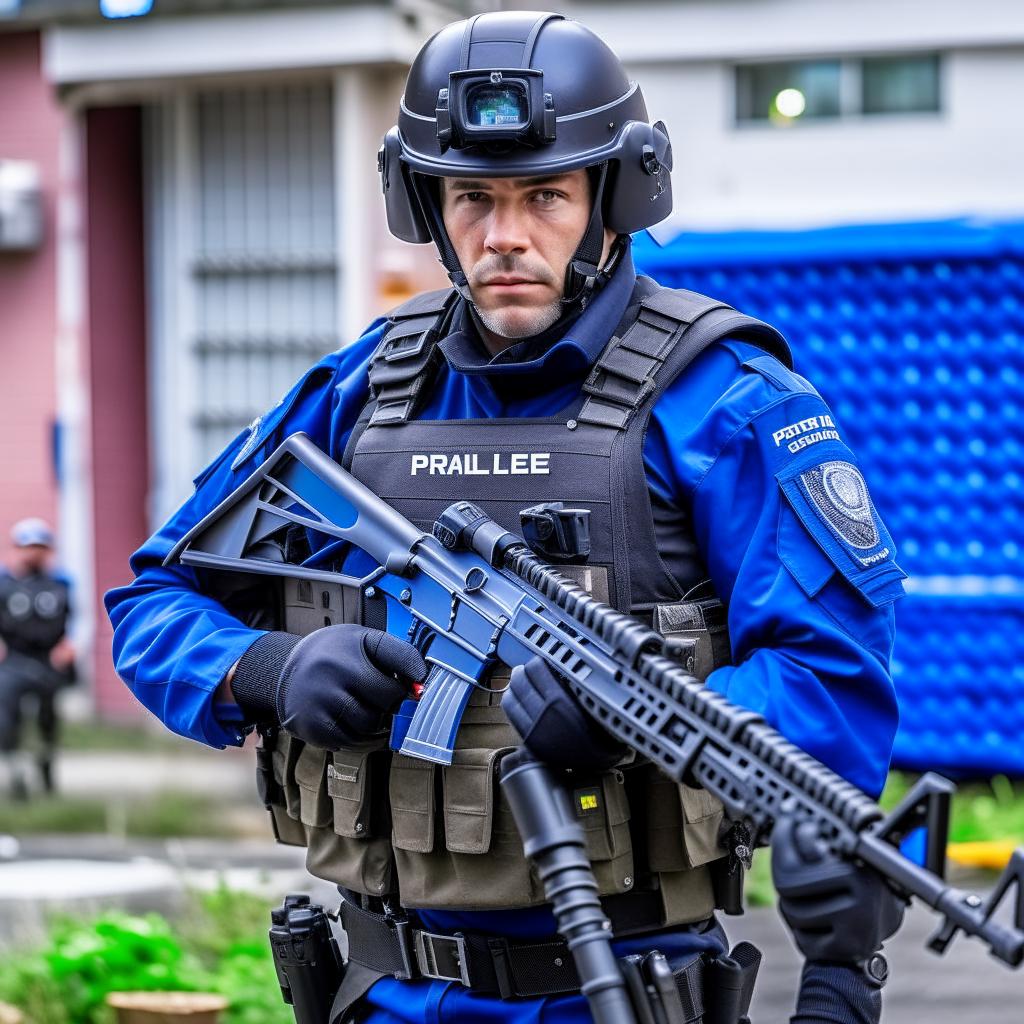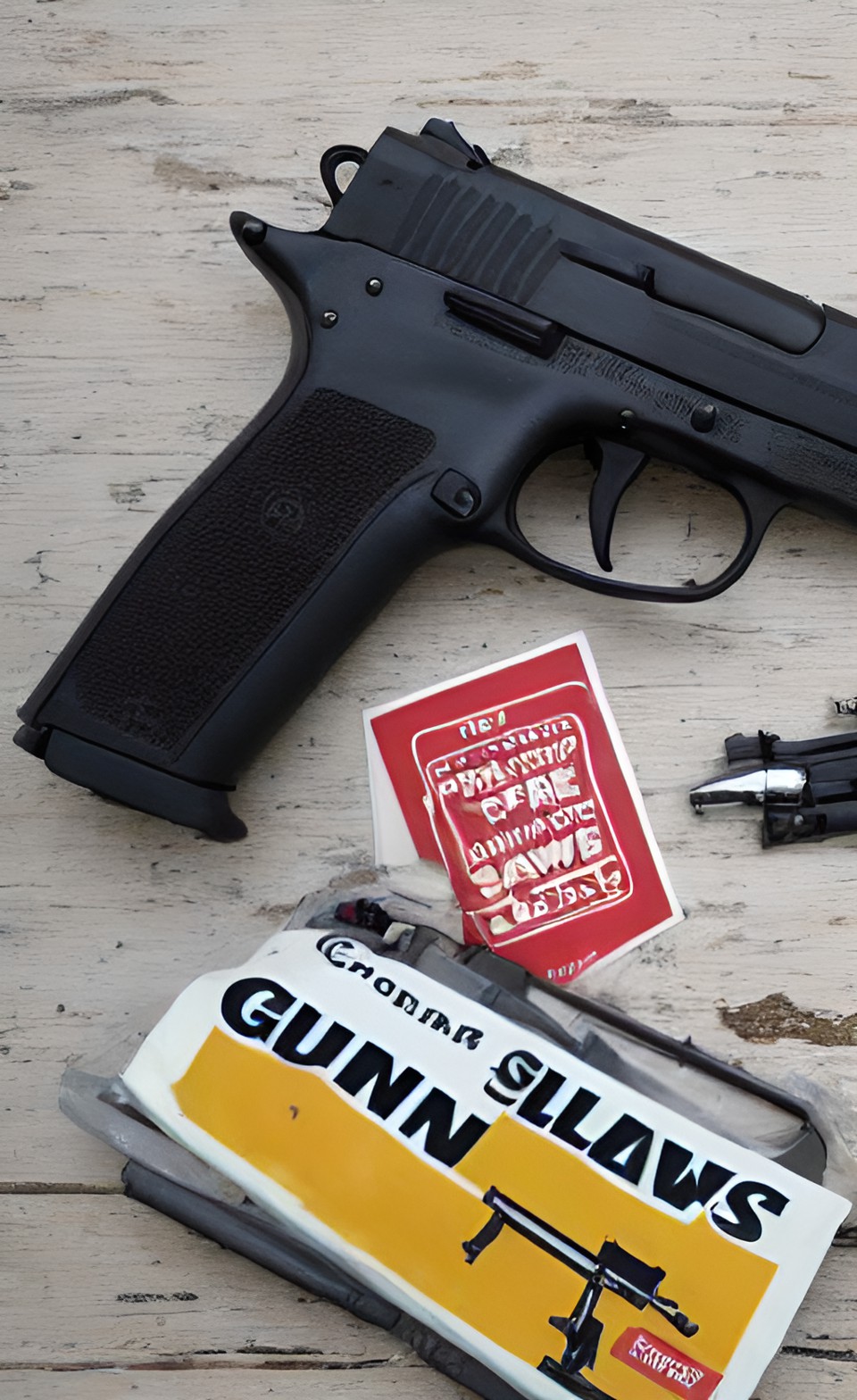Since their inception, rifles have played a pivotal role in shaping the course of history. These powerful firearms have been utilized in countless battles, revolutions, and conflicts, forever changing the dynamics of warfare and defining the fate of nations. From the American Revolution to the untamed frontier of the American West, rifles have left an indelible mark on history.
The origins of the rifle can be traced back to the 17th century, when advancements in technology brought about a significant shift in firearms design. The rifle differed from its predecessors, such as the musket, by introducing a grooved spiral barrel known as rifling. This innovation imparted a spin on the bullet, enhancing its accuracy, range, and striking power.
One of the earliest and most influential rifles was the Kentucky long rifle, also known as the Pennsylvania rifle. Developed in the late 18th century by German immigrants settling in Pennsylvania and Kentucky, this weapon boasted a long barrel and unrivaled accuracy. Its effectiveness quickly gained prominence during the American Revolution.
The success of the Kentucky long rifle in the hands of American revolutionaries highlighted the importance of individual marksmanship and guerrilla-style tactics in warfare. Armed with these rifles, American patriots, often referred to as “riflemen,” were able to hold their own against the well-trained British army. The deployment of skilled riflemen disrupted traditional battle formations and forced the British to adapt their strategies.
The Louisiana Purchase of 1803 and the subsequent expedition by Meriwether Lewis and William Clark, known as the Lewis and Clark Expedition, highlighted the significance of rifles in opening up new frontiers. Carrying the Girandoni air rifle, an early example of a repeating rifle, Lewis and Clark embarked on a treacherous journey into uncharted territories. The superiority and reliability of rifles allowed the expedition members to hunt for food, defend themselves against hostile encounters, and explore vast landscapes.
During the Civil War, rifles ushered in a new era of warfare marked by devastating casualties and protracted engagements. The invention of the Minie ball, a conical bullet that expanded into the rifling grooves upon firing, greatly increased accuracy, range, and damage. Rifles such as the Springfield Model 1861 and Enfield Pattern 1853 became standard issue for both Union and Confederate armies, transforming battlefields into deadly shooting galleries.
Rifles continued to shape history throughout the 20th century. The introduction of the bolt-action Lee-Enfield rifle in World War I revolutionized infantry tactics, enabling soldiers to rapidly fire accurate shots from a prone position. The precision and range of rifles played a significant role in trench warfare, where infantry units relied on them for both offense and defense.
In World War II, semi-automatic rifles like the M1 Garand and the Soviet SVT-40 gave infantry soldiers unmatched firepower on the battlefield. These rifles increased the rate of fire and allowed soldiers to engage multiple targets quickly, providing a significant advantage over adversaries using bolt-action rifles.
Rifles also played a key role in the decolonization movements of the mid-20th century. Guerrilla fighters armed with rifles, such as the AK-47, fought against colonial powers and paved the way for the independence of many nations. These powerful rifles became symbols of resistance, revolution, and the struggle for self-determination.
In contemporary times, rifles continue to have a profound impact on society. Their use in modern warfare and conflicts remains a subject of great debate. Advocates argue that rifles provide self-defense, freedom, and protection, while opponents question their potential for mass destruction and the ease with which they can be obtained by individuals intent on causing harm.
Whether viewed as instruments of liberation or tools of violence, there is no doubt that rifles have played a transformative role in shaping history. From their humble beginnings in the hands of American revolutionaries to their widespread use in modern warfare, rifles have forever altered the outcome of battles, revolutions, and wars. They have reshaped military tactics, transformed frontiers, and defined the fate of nations. As we study history, it becomes evident that rifles are not merely tools but objects that have shaped the course of civilization itself.






